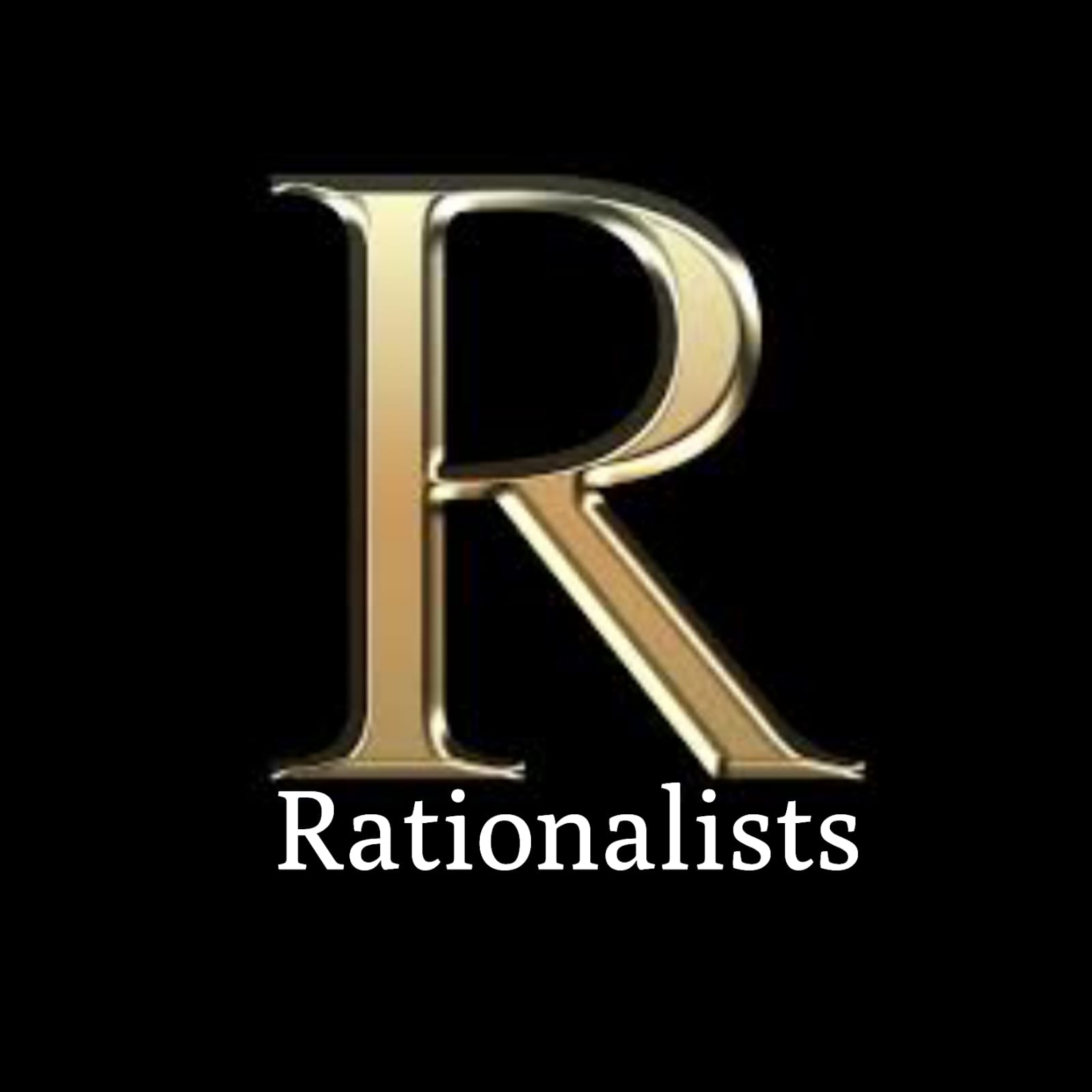France Bans Abayas in Schools
- Rationalist International

- Sep 3, 2023
- 2 min read

In a recent development, France has taken a bold step to uphold its commitment to secularism with the announcement of a ban on abayas in schools. This decision, though criticised by some, underscores the country's dedication to maintaining the secular nature of its educational institutions.
The ban, declared by France's education minister, represents the latest addition to a series of restrictions on clothing associated with religious symbolism. Predictably, it has drawn both praise and condemnation, with some labelling it as Islamophobic. However, it's crucial to analyse this decision from a rational perspective, keeping the principle of secularism at its core.
French President Emmanuel Macron, speaking after a visit to a professional school in the Vaucluse region of southern France, strongly reaffirmed the ban. He emphasized that "religious symbols of any kind have no place" in French schools, aligning with the principle of "laïcité," or secularism, which is central to the nation's identity.
"Schools in our country are secular, free, and compulsory," Macron stated. "But they are secular. Because this is the very condition that makes citizenship possible and therefore religious symbols of any kind have no place in them. And we will vigorously defend this secularism."
It is essential to understand that secularism in France is not an attack on any specific religion but rather a commitment to maintaining a neutral and inclusive environment within its public institutions. This includes educational institutions, where all students, regardless of their religious backgrounds, should be treated equally.
Macron's assurance that teachers and school administrators will receive support in enforcing the ban is a testament to the government's dedication to ensuring a smooth transition. In high schools and colleges where sensitivities may be higher, specific staff will be deployed to assist in maintaining the secular environment.
France's decision to implement such bans on religious attire is not a recent phenomenon. In 2004, the country banned conspicuous religious symbols, including headscarves, in public schools. Last year, lawmakers approved a ban on wearing the hijab and other "conspicuous religious symbols" in sports competitions, citing safety concerns.
It is important to note that France's previous ban on the niqab, a full-face veil worn by some Muslim women, was criticized by the United Nations Human Rights Committee in 2018 for violating the human rights of those who wore it. These debates surrounding religious attire reflect the complexity of balancing religious freedom and the principles of secularism.
France's ban on abayas in schools is rooted in its commitment to secularism, aimed at creating an environment where all students are treated equally regardless of their religious beliefs. While it may generate controversy, it is essential to analyse it through the lens of secular principles rather than mislabelling it as Islamophobia. France's approach emphasizes the importance of maintaining a secular environment in public institutions, a cornerstone of its national identity.




Atleast France is bold enough to act in accordance to commitment. Religion shall not be imposed on minors when they do not have a say on what is good and bad.
A very good decision indeed.Schools should be a place where all students feel comfortable and respected of their religious attire.The right to religious freedom must be balanced with the right to a safe and inclusive learning environment.